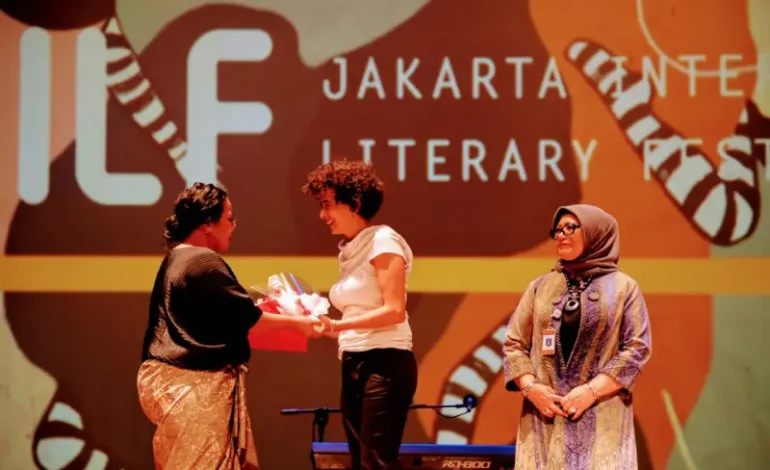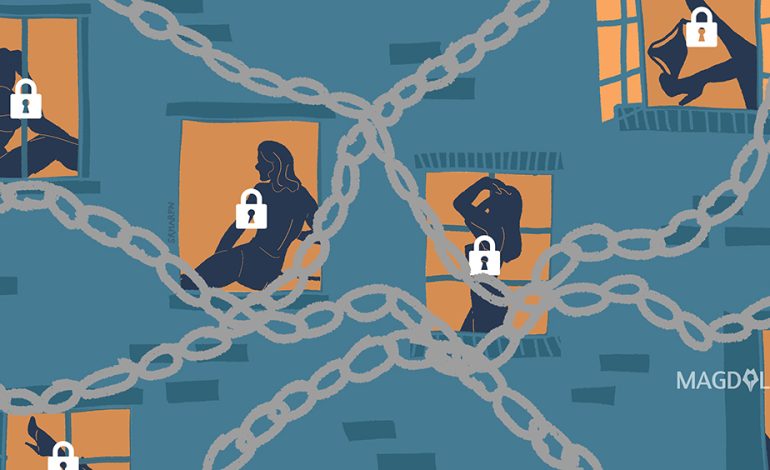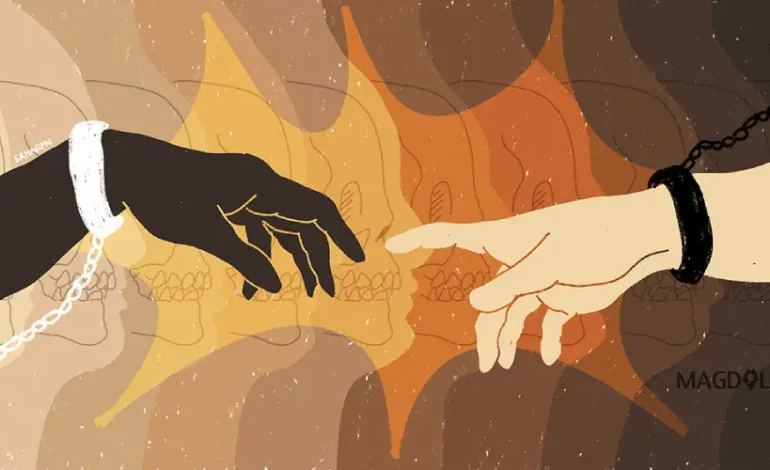JILF 2019 to Promote Global South’s Literature

Jakarta International Literary Festival (JILF) 2019, the first annual international literary festival in the capital city, officially kicked off yesterday (20/08) and will be held until the 24th of August 2019 at Taman Ismail Marzuki arts center.
The theme chosen for this year’s JILF, which is supported by the Indonesian government, is “Pagar” (fence), showing the spirit to break down the barrier between Indonesian and international literature. The event also aims to highlight the cultural identity of Asian and African countries.
“What separates the Global North from the South? What separates one global south country from another? Why are we so familiar with American literature but not with countries that are closer to us like Malaysia or Vietnam? These are the questions behind the JILF 2019,” said Eka Kurniawan, an Indonesian author and one of the curators of JILF 2019, in the festival’s official Instagram account.

JILF brings together over 60 international writers including from South Africa, Botswana, Philippines, Palestine, Thailand to join more than 20 writers from Indonesia. The writers will be participating in a range of events including symposium, talk shows, literary Ecosystem Lab workshops and reading nights.
Giving keynote speech at the opening was Palestinian-born author Adania Shibli, recipient of the Palestinian Young Writer’s Award by the A.M. Qattan Foundation for her novel Touch and We Are All Equally Far From Love. Her speech explored the silence that comes from being a Palestinian and how solidarity naturally occurs in such situation.
Also read: Fashion, Theatrical Performance and Activism in Fashion ForWords
Throughout the five-day festival the exhibition “Colonial Bastard: The Forbidden Fiction” will be held, focusing on the eradication of a literary tradition such as book burning, book banning, or shutting down of libraries. The exhibition highlighted events that occurred during the colonial period, such as when publishing house Balai Pustaka began promoting works in “proper Indonesian” language, effectively destroying “resistance literature” that was commonly published in a mix of Malay, Dutch and Chinese.

A big part of the festival are symposiums that tackles issues faced by the literary world in different countries, including how some literary work is deemed not good enough for international markets. Other issues discussed include how intrinsic biases result in unequal access to publication; why the people in Global South still have low appreciation of the literary works from their own region; how certain common themes keep being repeated; as well as the need to build a “southern canon” to balance the domination of western literature.
“Against Biases,” a symposium held on Friday (23/08) tackles the underrepresentation of women in literature and how they are still underestimated in the field. This event features Magdalene’s Co-Founder and Managing Editor, Hera Diani.
Jakarta Governor Anies Baswedan expressed his hopes that the festival would continue an annual event, to enable Indonesia to contribute to international cultural scene.
“We have the potential to create a supportive ecosystem for cultural activities,” Anies said.
Find out why Shafira dreads spending holiday with her extended family.






















